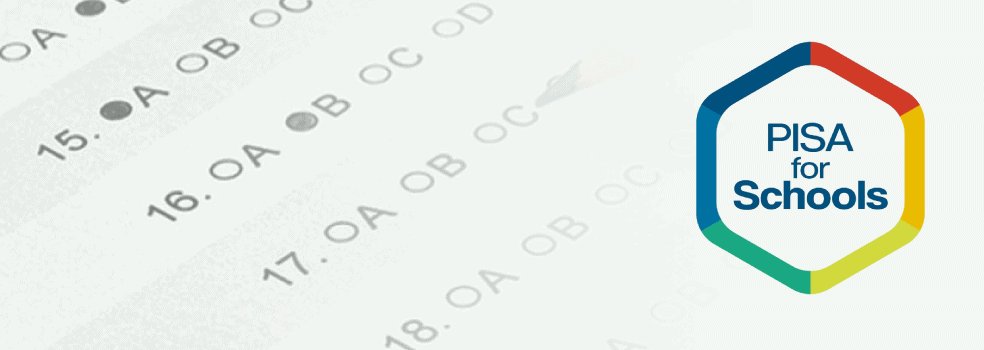22 Feb Learning Mathematics and Reading Comprehension at St. Paul’s and the PISA Tests
The PISA tests (Programme for International Student Assessment), which assess the key competencies of 15-year-old students in areas such as reading and mathematics at an international level, are valued for providing a global comparative perspective on educational performance. However, their interpretation and policy implementation must carefully consider the limitations and national context in which these tests are conducted. Some critics question their ability to assess practical skills and their representativeness, especially in terms of cultural differences.
St. Paul’s School has not participated in these tests, opting instead for the mandatory Basic Skills assessments in Catalonia, where we have achieved outstanding results above the regional average.
Learning Mathematics
Our programs “We are all Good at Maths” and Innovomat allow for attention to diversity in all senses, as well as visual improvement of activities and written practice at three levels and resources to address diversity.
Teaching students to solve mathematical problems is an essential goal that offers significant benefits such as:
- Understanding the problem: learning to read the problem statement carefully, identify the key question, and understand the provided data.
- Application of planning strategies: such as identifying the necessary operation, drawing a diagram, making a list, or finding a pattern.
- Development of problem-solving strategies: such as trial and error, pattern searching, solving similar problems, and using visual models.
- Analysis and discussion of strategies: through sharing them and promoting collaborative learning.
- Interpretation of the connection: between previous mathematical concepts and current problem-solving.
- Integration of technological tools: such as interactive software or calculators to address complex problems or perform quick verifications.
Developing Reading Comprehension
Regarding reading comprehension, criticisms of PISA test results may focus on a possible limitation to the interpretation of specific texts rather than evaluating more general reading and comprehension skills.
Again, the St. Paul’s results in the four languages of the school – English, Spanish, Catalan and French – in external tests – Cambridge Certificates, Basic Competencies in Cataluña, C2 Certificate in Catalan, DELF Diplomas – place us in a very good position.
What do we offer at St. Paul’s School?
Our language departments constantly work with the aim of improving our students’ reading competence through different activities.
- Reading for pleasure: we provide access to a variety of interesting and age-appropriate books to encourage autonomous reading.
- Specific reading comprehension strategies: such as summarizing and making inferences, identifying the author’s purpose, and analyzing the structure of a text.
- Wide variety of reading genres and topics: which help develop transferable reading comprehension skills to different contexts and types of texts.
- Classroom discussions on the texts: this methodology fosters the exchange of ideas, reflection on the topics addressed in the text, and consequently, reading comprehension.
- Formative assessment to monitor student progress: address weaknesses optimally and adjusts teaching as necessary.
In conclusion, continuous improvement is a fundamental pillar in the educational philosophy of St. Paul’s, where literacy is actively cultivated in all disciplines. The essentiality of the ability to read and comprehend texts is recognized in the context of all academic subjects and in all languages taught.
Patricia Carranza
Director



